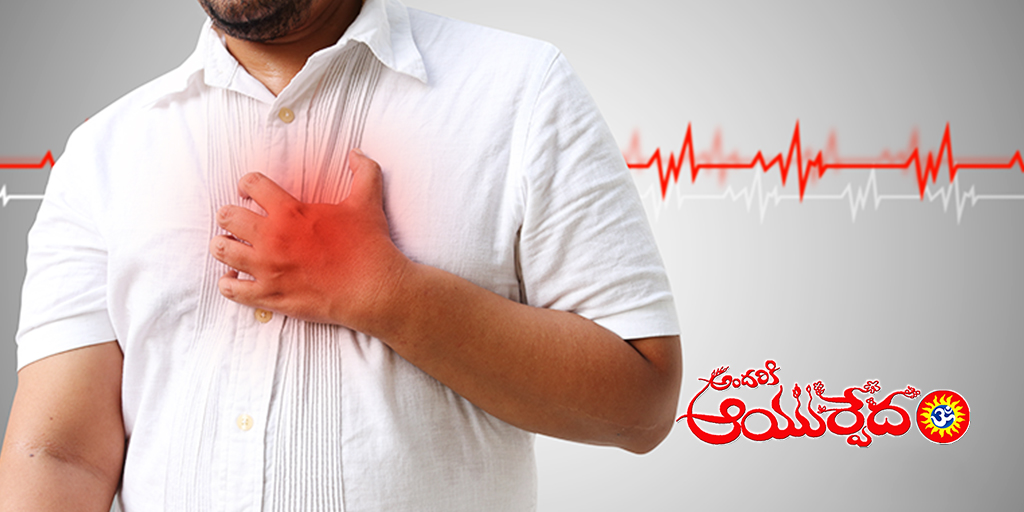Psoriasis is basically an autoimmune condition where the cells tend to develop rapidly on the skin. This particular overgrowth could lead to scaly plaques resulting in itching or causing discomfort. There are different types of psoriasis and it all depends upon the appearance of scales and the location on the body.
In this blog, we explain the different types of psoriasis, their symptoms and its causes.
What are the different types of Psoriasis?
Here are the main types of Psoriasis
Plaque psoriasis
In this kind of psoriasis, raised inflamed, red lesions are covered by silvery, white scales most often found on elbows, scalp, knees, and lower back.
Inverse psoriasis
Inverse psoriasis tends to develop in the areas such as the groin, the armpits, under the breasts etc. Inverse psoriasis has red lesions. This usually doesn’t have scales that occur in plaque psoriasis. The lesions also tend to be shiny and smooth.
Erythrodermic psoriasis
People who suffer from unstable plaque psoriasis, where the lesions do not have defined edges tend to develop erythrodermic psoriasis. There may be peeling of skin and severe itching and pain.
What are the main symptoms of Psoriasis?
The symptoms of psoriasis differ from person to person. It also depends on what type of psoriasis is one suffering from. When psoriasis affects the body, it can be as small as few flakes on the scalp or elbow or may cover the majority of the body.
The most common symptoms of plaque psoriasis include the following:
- Red and inflamed patches of skin
- Silver scales that are white in colour
- Soreness around the skin patches
- Burning or itching sensations around the patches
- Swollen joints.
Not everyone will have the above mentioned symptoms. Some people will experience different symptoms and it all depends on what type of psoriasis one is suffering from.
In some people who suffer from psoriasis, there may be cycles of symptoms. The condition may cause severe symptoms that may last for few days or weeks and then the symptoms may clear up its own. But then, it may tend to trigger again and flare up . There would be times when the symptoms can disappear completely
What causes psoriasis?
Although there has been lot of research on psoriasis, it is still not clear what causes psoriasis. But after decades of research, there are basically two key factors that contribute to psoriasis – genetics and immune system.
Genetics: For some people, they can inherit genes that can make them more vulnerable to develop psoriasis. Your risk of developing psoriasis is higher if you have an immediate family member who is suffering from this skin condition. But the percentage of people who suffer from psoriasis and a genetic predisposition is very small.
Immune System: Psoriasis is basically an autoimmune condition and in any autoimmune condition, the body attacks itself. When it comes to psoriasis, white blood cells that known as T cells tend to mistakenly attack skin cells.
The severity of psoriasis varies from person to person. If you suspect that you are developing any signs of psoriasis, you need to check with the doctor. At Andhiriki Ayurvedam, we do a thorough check up of the patient and a suitable treatment is advised.
For more Information: Click Here

